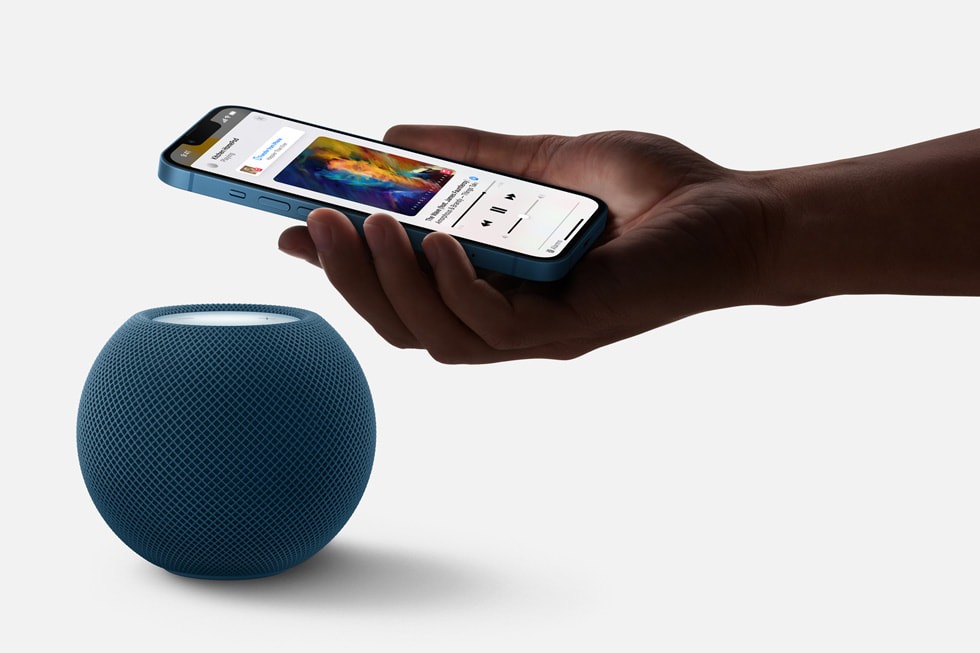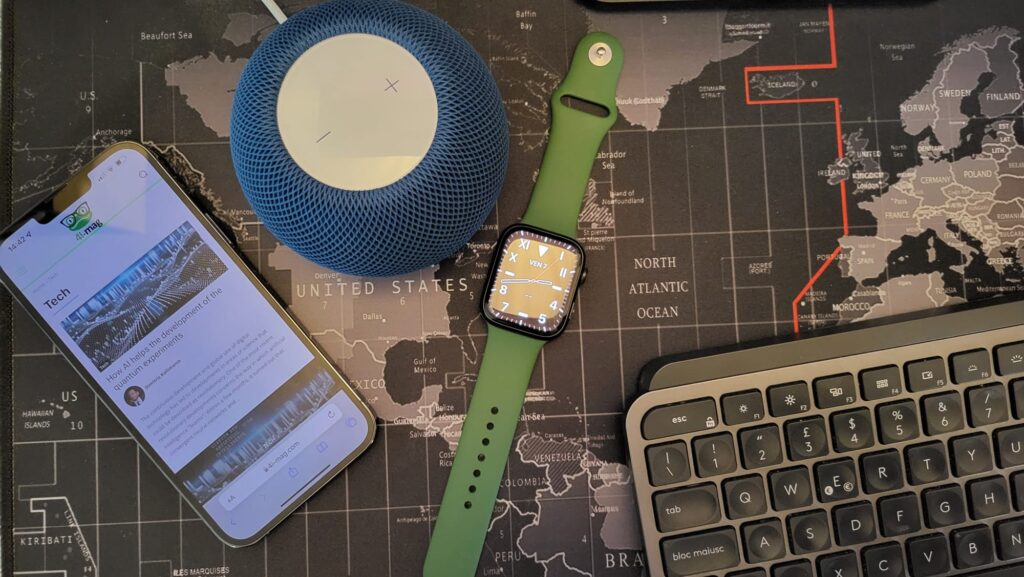The HomePod mini, like its direct competitors from Amazon and Google, is part of the market segment known as the ‘internet of things’. A sector that, between speakers, thermostats, light bulbs and more, relies on over 100 different standards. This is why many accessories require a hub connected to the modem to communicate with the internet, or shared internal protocols such as ZigBee to simplify communication between apps and home control centers such as speakers.
This complexity has been optimized by Alexa and Google, whose technology (amidst a thousand commercial agreements) now makes it possible to give a damn about this or that brand that produces the smart home object we like so much, if it is compatible with one of the two voice assistants. This has decreed its success and, on the other hand, Siri’s lack of popularity. Let’s be clear: when it comes to the ‘technical’ vocal quality of Apple’s AI, the cadences it uses, and the way it relies on Natural Language Processing (NLP) to respond to every question (even if not asked perfectly), Apple’s software is unrivaled. Suffice it to say that even today, in 2021, to ask Alexa something, one always has to repeat her name, since she does not keep her ears open after answering a question. Google, especially in the last period, and don’t ask me why, has become very slow in performing the requested operations, so much so that in the end we turn the light on or off manually, which is quicker.
What does all this have to do with the review of Apple’s newly released HomePod mini? The premise is to say that if Siri had the plethora of third-party integrations now in the hands of competitors, we’d be talking about the best connected speaker around. But, sadly, this is not the case.

Design, construction, and sound
The design is what you’d expect from Apple’s gurus: a sleek, minimalist look that transports us to a future where technology is a piece of furniture, accessible to all. On top of the mini is a flat touchpad that lets you play and pause music, change the volume or call Siri without speaking. Setting up the mini is refreshingly simple, just turn it on and bring your iPhone (or iPad) close. The ‘Home’ app is the place to manage everything from Siri settings to automations. The loudspeaker is, to a very large extent, made with an eye to sustainability. 99% of the chassis and case are made from recycled rare earth materials. The sales packaging is made from recycled fibre and cardboard.
It may be small, but it’s certainly powerful. We were surprised by the sound the mini can make. It can play any kind of music and deliver a better experience than other items in the same category, even slightly higher. For its size, it is a quality speaker, producing powerful bass and clarity in the higher frequencies. Voice commands are picked up easily and consistently, even while playing music, and Siri responses are quick, if a little limited compared to the opportunities offered by Alexa and Google. For example, there is no integration with Spotify and the only smart accessories that can be controlled are those compatible with Apple Home. This is far less than what the market actually offers. If you want to use the HomePod as a home control centre, you have to stick to products that fall within the HomeKit sphere, otherwise nothing. This is its biggest flaw.

The purchase is worth it, with the right assumptions
No (easy) integration with third-party apps and objects means that the mini is aimed primarily at those who are surrounded by an Apple ecosystem or who want to make their homes smart with HomeKit-compatible products. Or for those who simply want a minimalist speaker that sounds good, without spending too much. Personally, as a voracious Spotify consumer, I find it very stressful having to start music from my computer or iPhone every time and then transfer it to the HomePod via AirPlay. This is not what will deny the purchase, but it is clear that, in terms of interoperability and openness to the technological world at 360 degrees, Apple’s solution is not the champion. Something has changed with the possibility for companies to add support for HomeKit with a simple firmware update but, to date, the number of hardware capable of talking to iDevices is very meagre. That said, the HomePod mini is the best choice for those who have an iPhone in their pocket, a Mac or an iPad at home and want to enjoy some music while paying attention not only to sound quality but also to the design of what they use. That’s the mantra that underpins the Cupertino giant’s own work: unique, inspired technological innovations, not soulless consumer products. In this, the mini has hit the mark.



